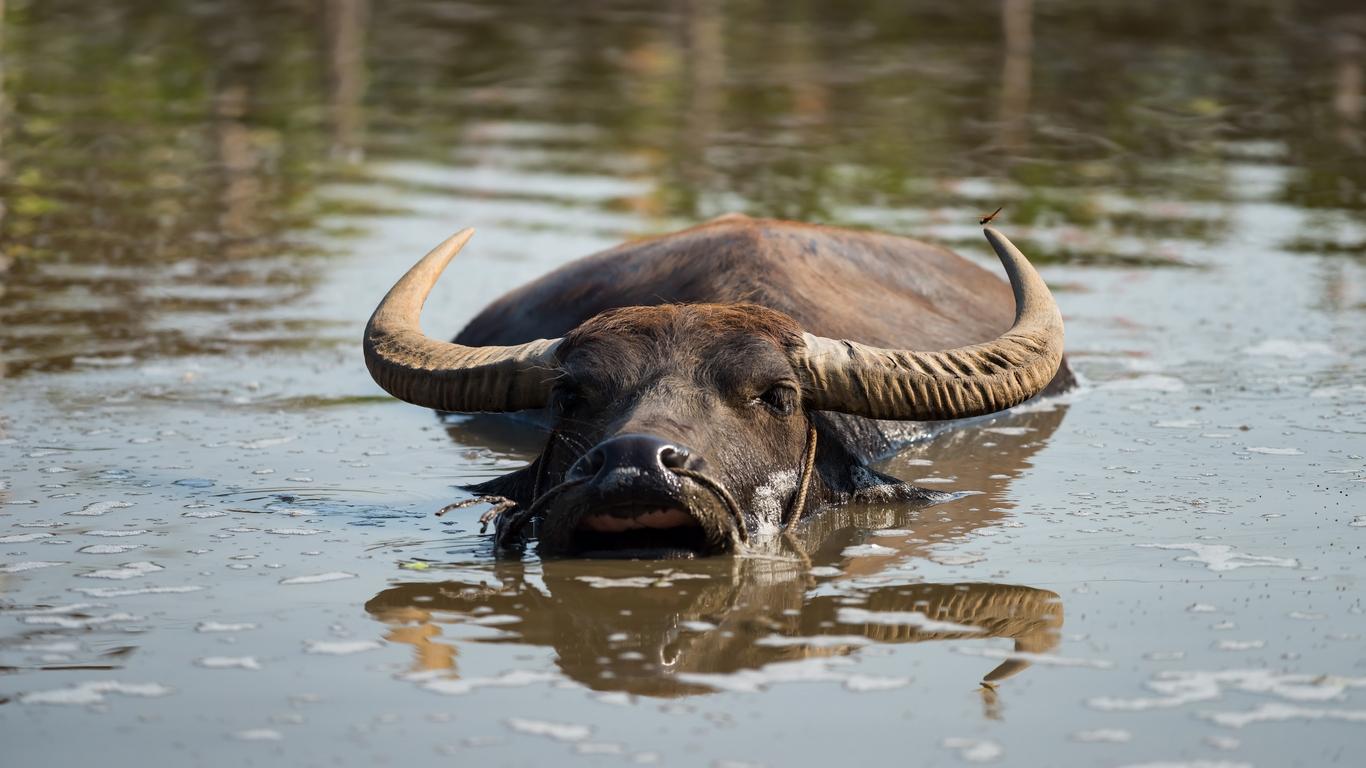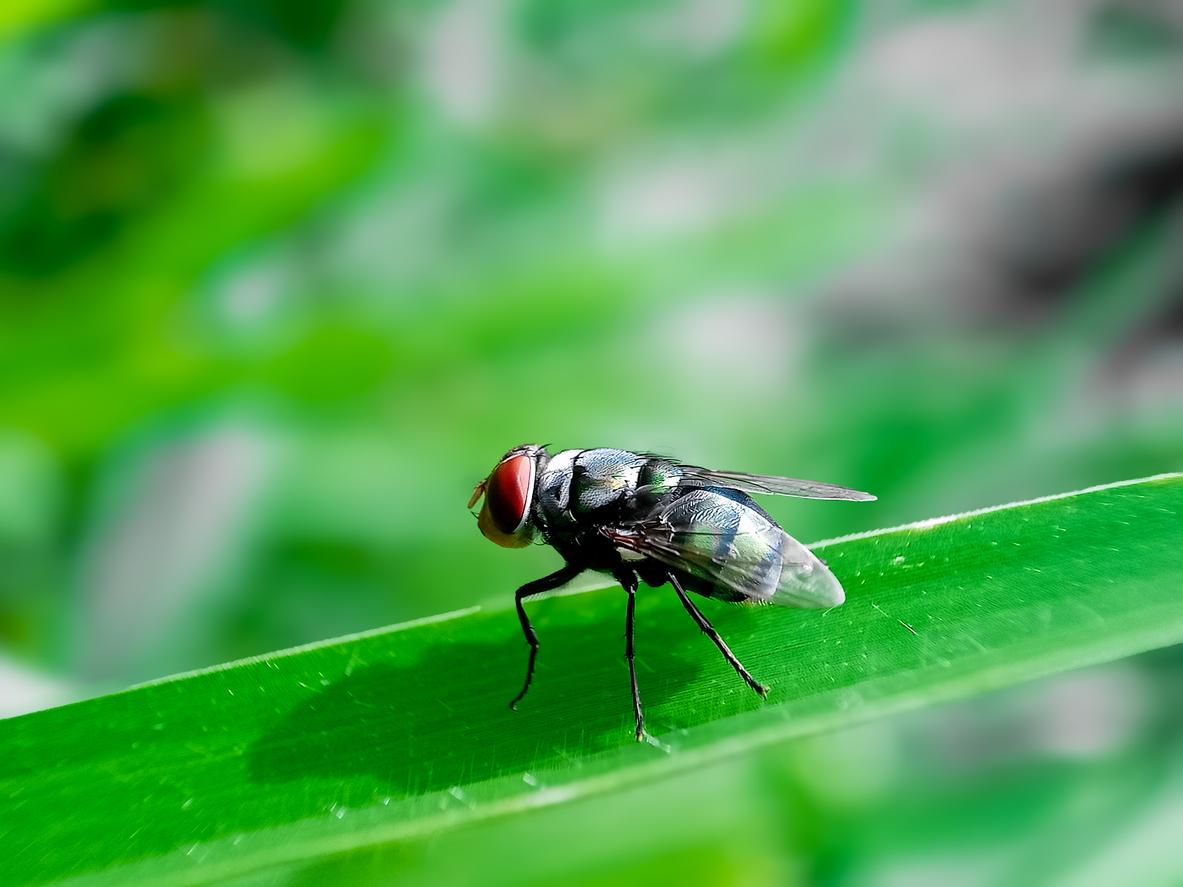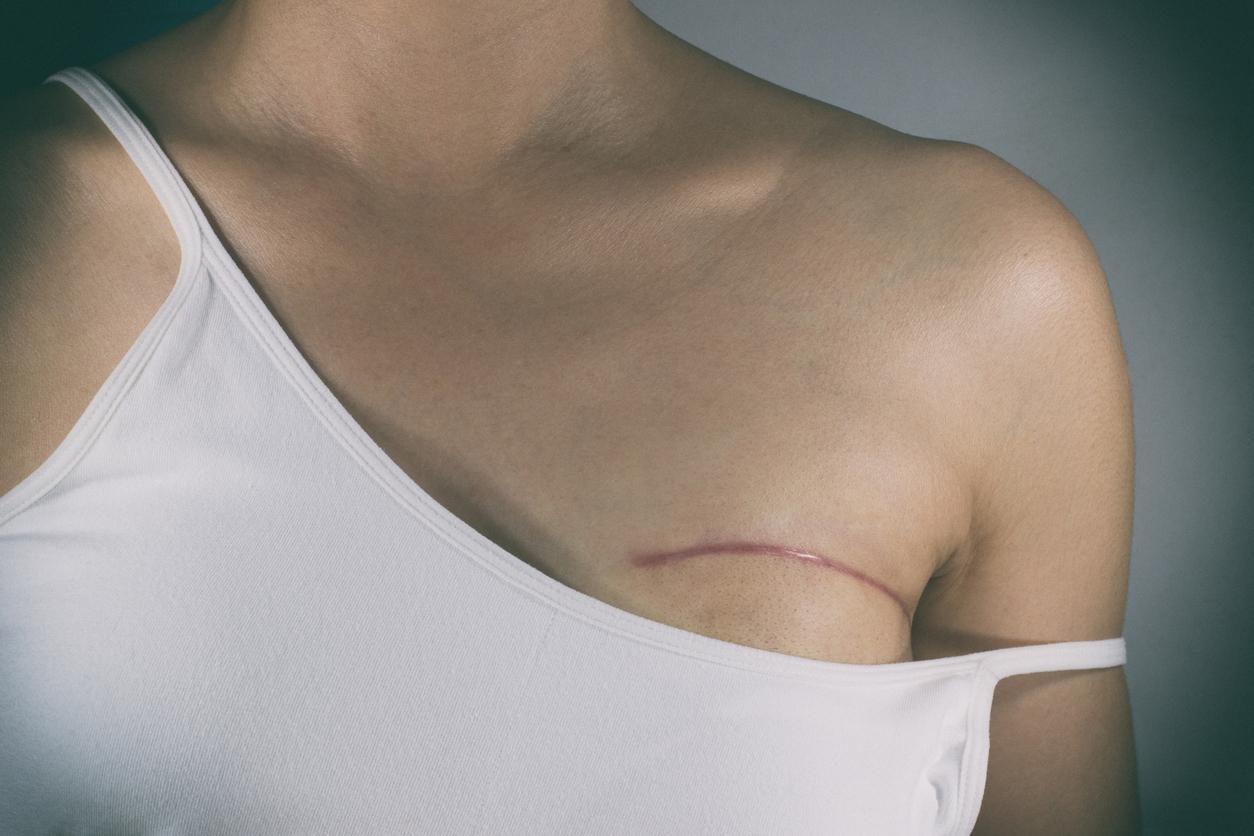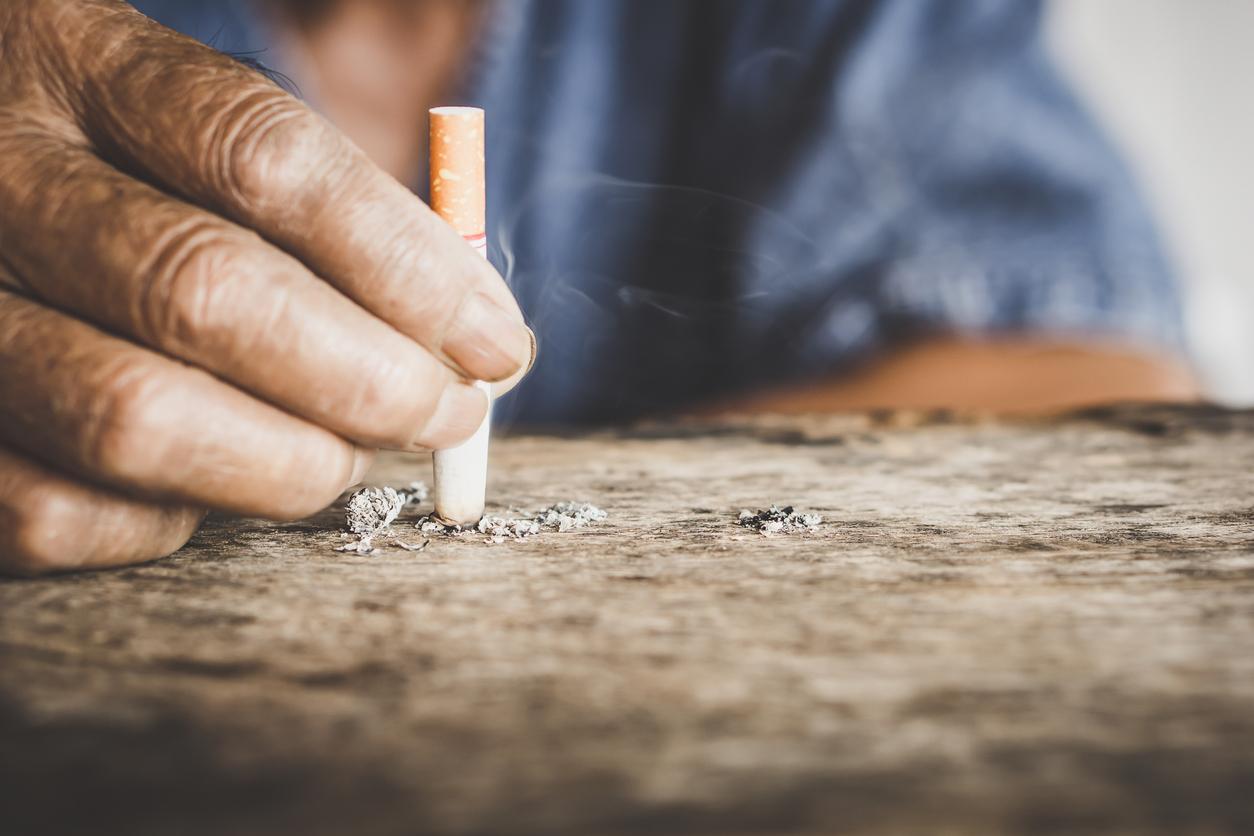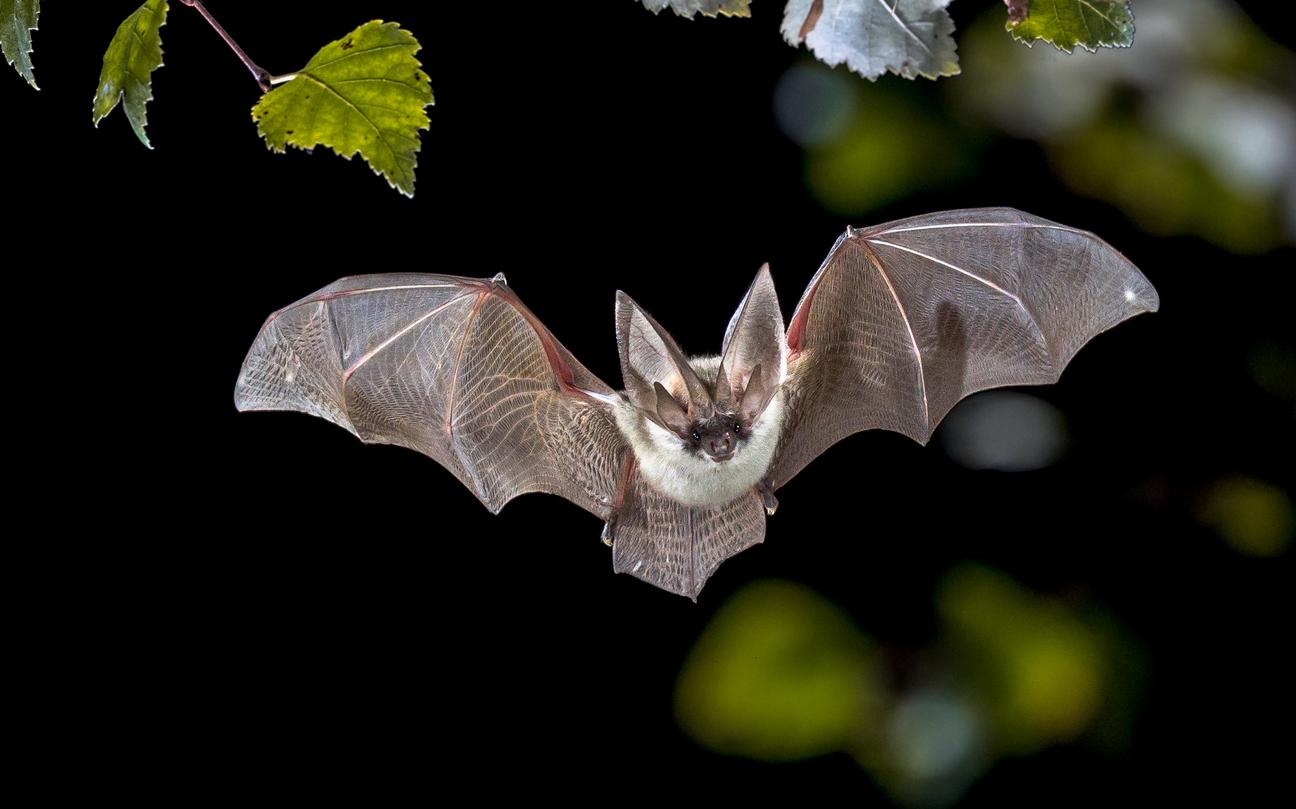
Why can turtles live to 200 years while a mouse only lives a few years? In his book “The Secret of the Turtle,” aging scientist Dr. David van Bodegom takes the reader along different species in the animal kingdom. Why do some animals live so long and others so short? And what can we learn from this about our own aging?
Sloth or leopard: movement
40 percent of the Dutch do not exercise enough. Insufficient exercise increases the risk of cardiovascular disease and diabetes. You would think that top athletes live longer, but that is also not true. Marathon runners don’t live longer than javelin throwers. Top sport makes the body wear out faster. How much exercise is good for humans? Walking or cycling briskly five times a week is the official guideline. The elderly are also recommended to do strengthening exercises for bones and muscles and balance exercises. So don’t hang around the couch like a sloth all day, but don’t run around like a leopard either, because that will wear you out.

Monkeys: eat
Obesity does not occur in nature. Overweight is only seen in people and pets. 50 percent of the Dutch are overweight. Although there are different specific dietary recommendations and it differs per person what exactly they should get, Van Bodegom gives one advice in his book: do not eat too much. Studies in monkeys have shown that monkeys fed a calorie-restricted diet slows aging. At the moment there are also people who follow such a diet. They call themselves ‘cronies’ (Caloric Restriction Optimal Nutrition). They eat calorie-restricted, but with all the necessary nutrients.

Bees: work
You sometimes hear: hard work never killed anyone. But is this correct? Just like with intensive sports, the body also wears out faster due to physically demanding work. During a study of honeybees, researchers place small weights on the bees. These bees had to work ‘harder’ and also lived shorter lives. A body wears out not only through physically demanding work, but also through stressful work.

Hazelmouse: sleeping
Mice only live a few years on average. An exception is the dormouse and can live up to 6 years. That’s because this mouse hibernates. It makes a covered nest of twigs and leaves in a tree or shrub. During hibernation, he puts his aging on the back burner. Because of this, it lives one and a half times longer than a rodent of the same size that does not hibernate. Humans can’t, but a good night’s sleep certainly helps. There is a link between overweight and short sleep. Less than seven hours of sleep is bad for you. On average, the Dutch sleep just over seven hours. So it is better to stay in bed for an hour longer.

Migratory birds: temperature
Cold-blooded animals have a slower metabolism at lower temperatures and wear less quickly. The freshwater mussel lives 29 years in the warm waters of Spain, but can live up to 200 years in the cold waters of Siberia. Because humans are warm-blooded, cold doesn’t help us live longer. Cold actually speeds up our metabolism to keep us warm. It is therefore no coincidence that places where people live long, such as Crete, Sardinia and California, are the places with the pleasant temperatures. So perhaps it is not so strange to leave for the south of France or Spain in the winter as migratory birds.
David van Bodegom is a speaker at the 50 Plus Fair. On Wednesday 18 September he will speak about the secret of the turtle at 12.00 on the Plus Speakers podium. You can order tickets here: www.50plusbeurs.nl







